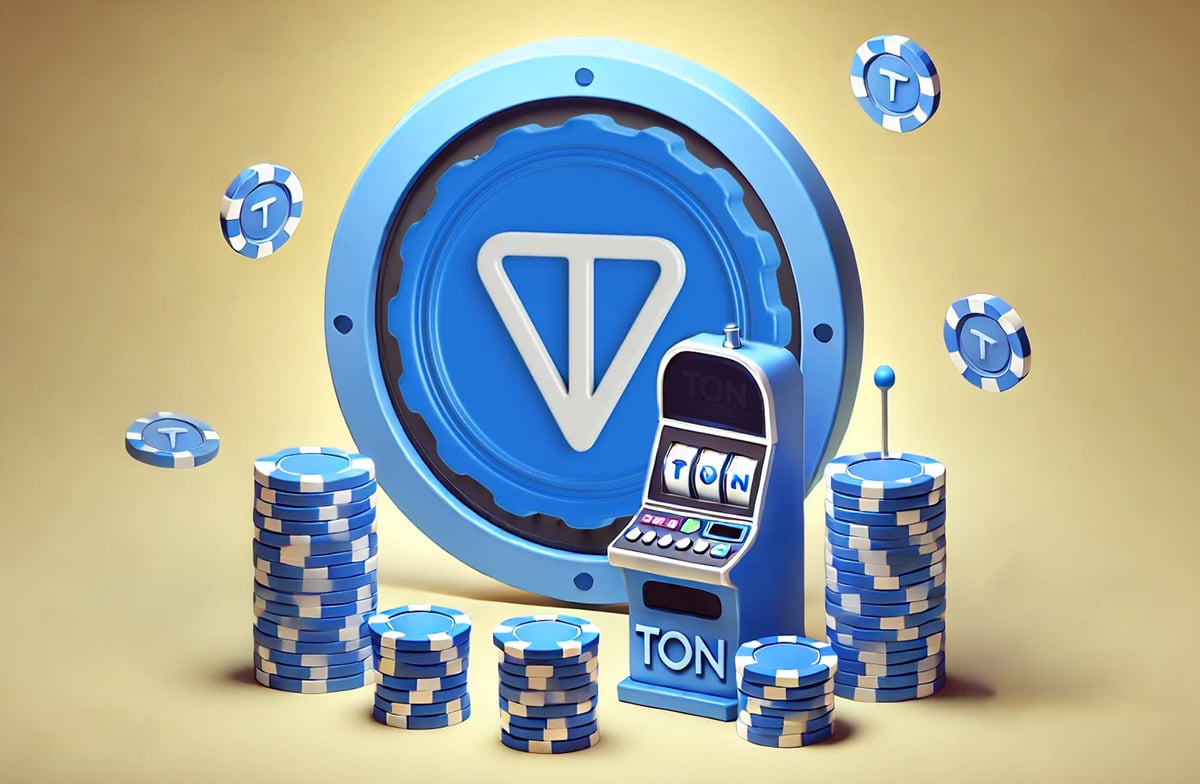The world of online casinos has exploded in popularity over the past two decades, transforming the way people engage with gaming. With an ever-increasing number of players flocking to these virtual platforms, the importance of security has never been more critical. From the early days of unsecured websites to today’s fortified digital environments, the evolution of security in online casinos has been marked by significant advancements. As players, it’s essential to understand these nuances and know what to look for to ensure a safe gaming experience.
The Early Days: A Wild West of Security
In the early 2000s, online casinos were often regarded as the "Wild West" of gambling, where regulations were lax, and players had little recourse in the face of potential fraud. Many fledgling online casinos did not offer SSL (Secure Socket Layer) encryption, which means personal and financial information was transmitted in plaintext—a hacker’s dream. Players had no real assurance that their funds were safe or that the games were fair.
Regulatory Developments: The Rise of Licensing and Oversight
As online gambling began to gain acceptance and popularity, governments recognized the need for regulation. Licensing authorities emerged, such as the UK Gambling Commission, the Malta Gaming Authority, and others, establishing guidelines to protect players. These authorities require online casinos to adhere to rigorous standards, including the implementation of advanced security measures, the use of RNG (Random Number Generators) for fair game outcomes, and regular audits of financial transactions.
Advancements in Technology: Enhanced Security Measures
With the maturation of the online gaming industry came technological advancements that changed the landscape of online casino security. Today, most reputable online casinos deploy state-of-the-art security solutions, including:
-
SSL Encryption: Most online casinos now use strong SSL encryption to protect players’ personal and financial data. This technology ensures that all communications between the player and the casino are secure, making it extremely difficult for cybercriminals to intercept sensitive information.
-
Secure Payment Methods: Online casinos have begun offering a variety of secure payment methods, including e-wallets (like PayPal, Skrill, and Neteller), cryptocurrency transactions, and bank transfers, each providing a layer of anonymity and security for players.
-
Two-Factor Authentication (2FA): To further secure player accounts, many casinos now offer two-factor authentication as an option. This requires players to provide not just a password but also a secondary form of verification—such as a code sent to their mobile device—before they can access their account.
- Data Protection Regulation Compliance: With the introduction of GDPR (General Data Protection Regulation) in the European Union and similar regulations in other regions, online casinos must now adhere to stringent data protection laws, offering players greater control over their information and how it is used.
The Role of Independent Auditors and Test Labs
To further ensure fairness and safety, many online casinos engage independent auditing firms and test labs, such as eCOGRA and iTech Labs. These organizations conduct rigorous testing of games and platform security, certifying that the casino operates fairly and transparently. Players should look for casinos that prominently display their certifications, indicating that they have undergone this important evaluative process.
What Players Should Look For
Given the evolution of security in online casinos, players need to remain vigilant and informed. Here are some key factors to consider when choosing where to play:
-
Licensing Information: Always check that the casino is licensed by a reputable authority. This information is usually found in the footer of the website.
-
Security Measures: Look for indicators of SSL encryption (usually shown as a padlock symbol in the website URL) and other security protocols.
-
Payment Methods: Opt for casinos that offer a variety of secure payment options, particularly those that use e-wallets or cryptocurrency.
-
Transparency: Choose casinos that are transparent about their privacy policies, data usage, and terms and conditions. A trustworthy casino will provide clear information on how player data is handled.
-
Customer Support: Effective customer support is a sign of a trustworthy casino. Look for casinos that offer multiple channels for support, including live chat, email, and phone options.
- Positive Reviews and Reputation: Research player reviews and feedback to gather insights into the casino’s reputation. Online forums and review sites can be valuable resources.
Conclusion: Prioritizing Safety in Online Gaming
As the online gambling industry continues to evolve, security remains at the forefront of the conversation. Players must navigate this digital landscape with caution and knowledge. By understanding the evolution of security in online casinos and knowing what to look for, players can protect themselves and enjoy a safe and thrilling gaming experience. As technology and regulations further develop, players can expect even greater security measures, instilling confidence in the exhilarating world of online casinos.



